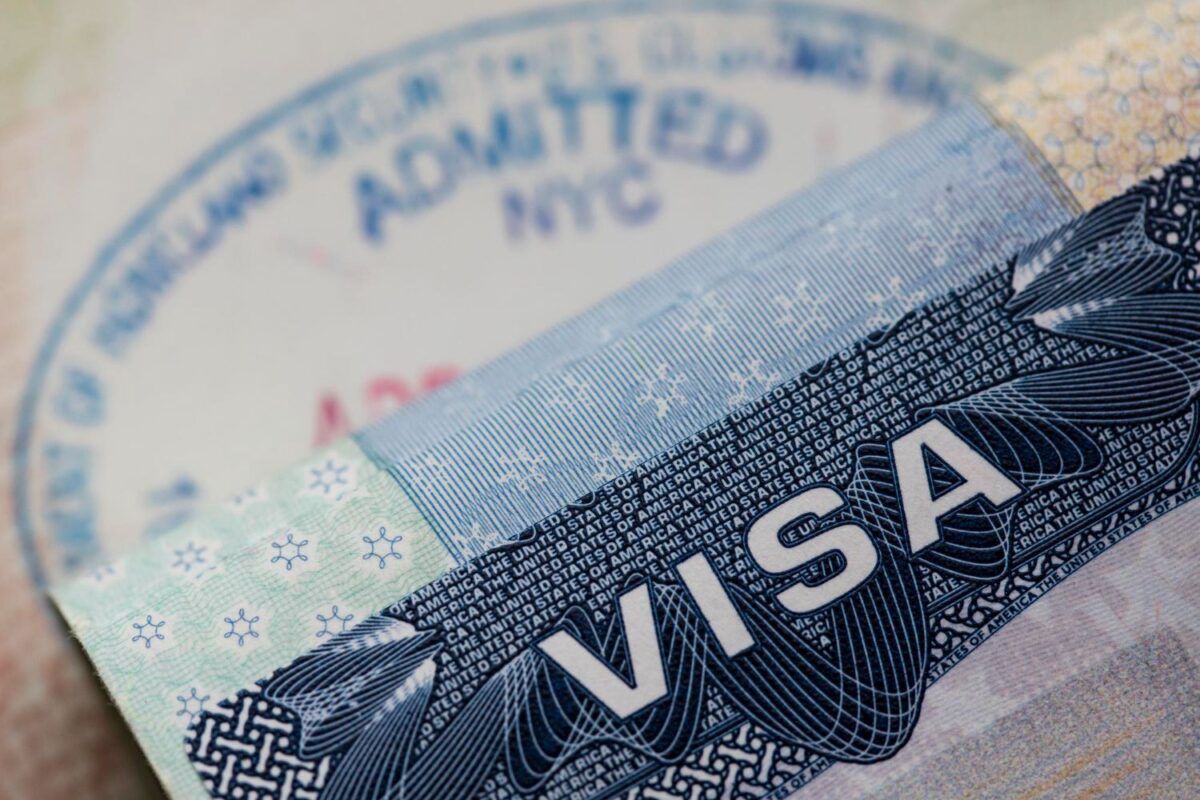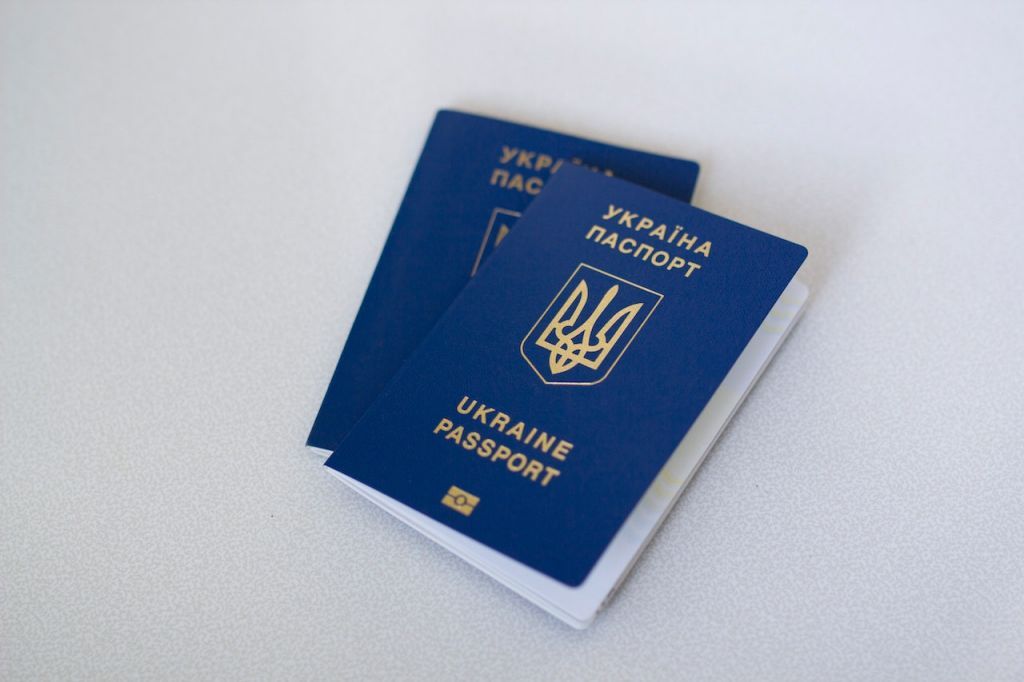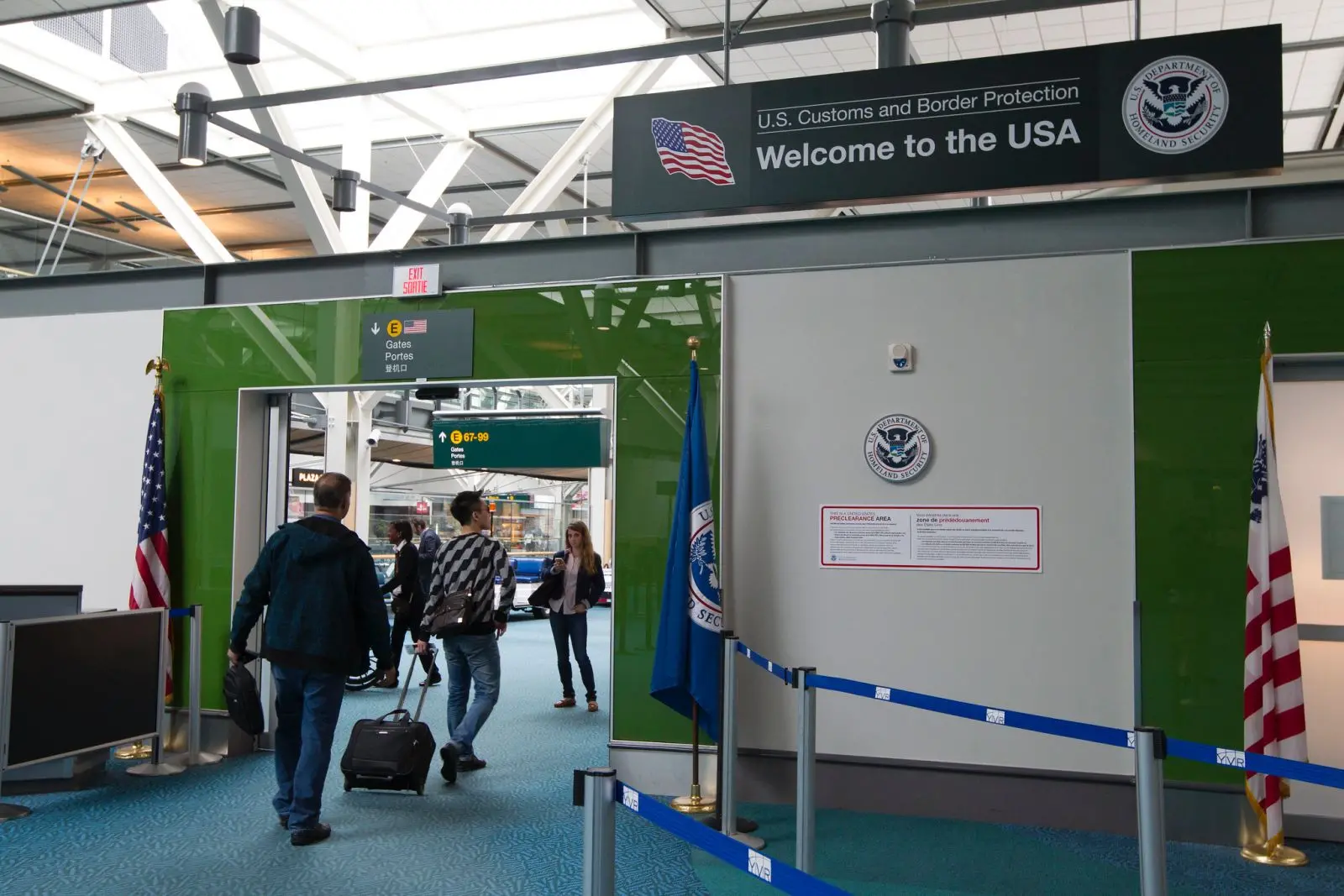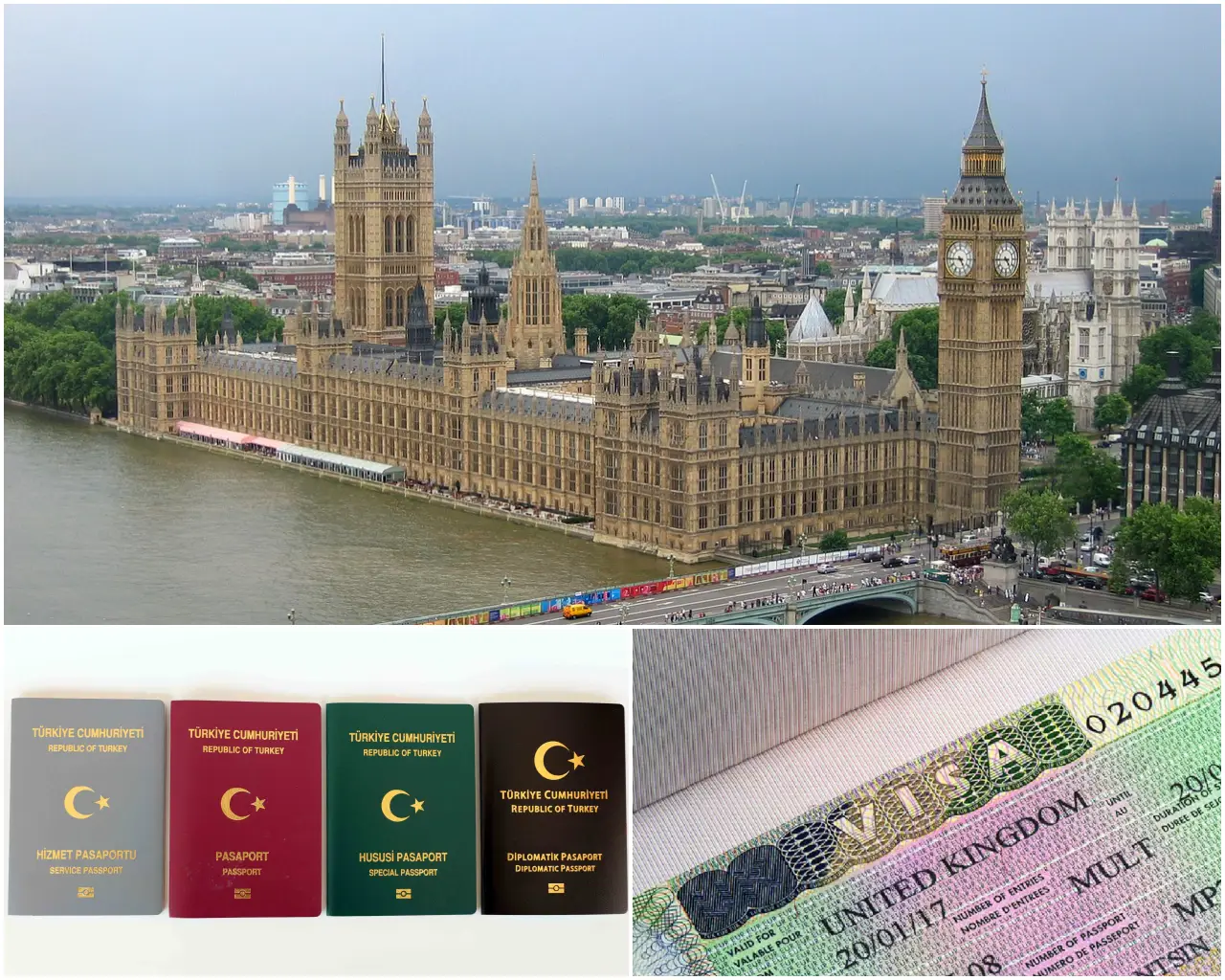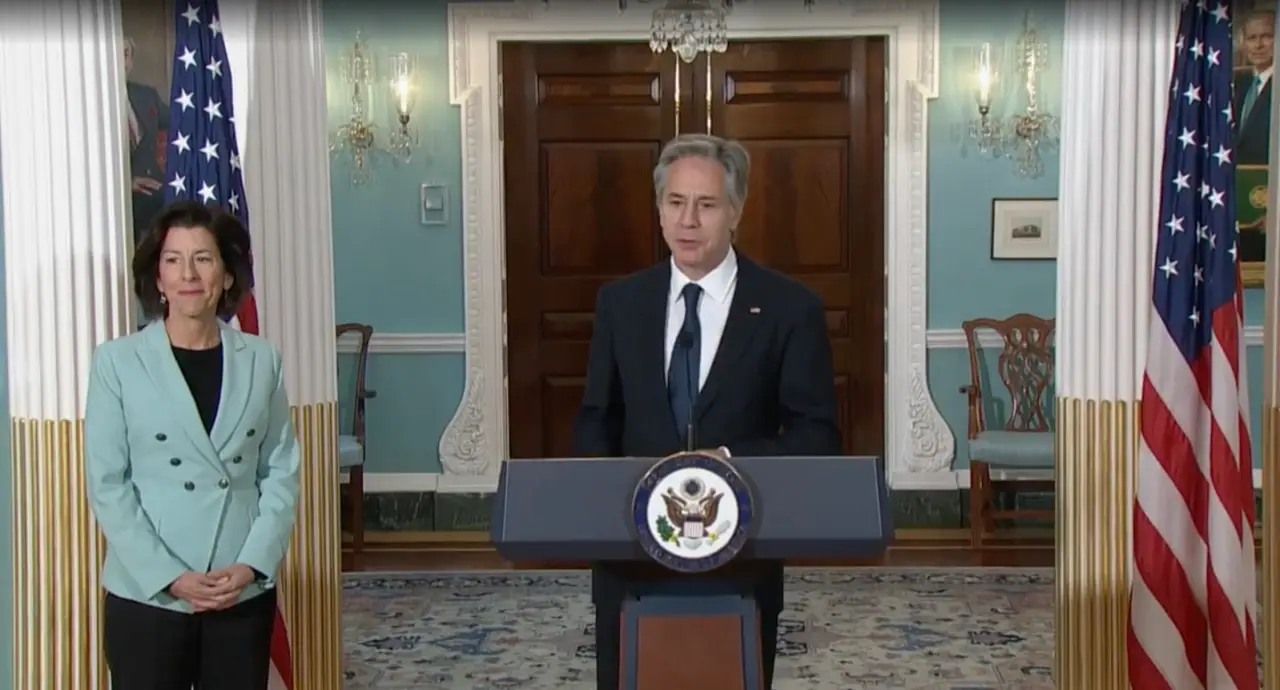The U.S. Travel Industry is set to receive a significant uplift with the Department of Homeland Security’s (DHS) recent announcement to release an additional 65,000 H-2B temporary worker visas for the fiscal year 2024.
This decision comes as a relief to the travel sector, which currently faces a workforce shortfall of over one million open positions.
The issuance of these visas, as advocated for by the U.S. Travel Association, arrives well in advance of the peak travel season, promising to alleviate some of the labor shortages that have been a persistent challenge for the industry. Tori Emerson Barnes, Executive Vice President of Public Affairs and Policy at the U.S. Travel Association, has lauded the DHS’s decision, emphasizing the critical timing and the potential economic benefits that these visas will catalyze.
Despite this positive development, the current labor market shows a staggering 10 million job vacancies across various sectors, signaling a gap that the domestic workforce alone cannot fill. The travel industry, especially small and seasonal businesses, relies heavily on temporary workers to meet the demand. Hence, there is a pressing need for a permanent expansion of the H-2B visa program to ensure the sustained growth of the travel industry and the broader U.S. economy.
The U.S. Travel Association, while acknowledging the DHS’s efforts, continues to urge lawmakers to pursue bipartisan solutions that would facilitate a more extensive and lasting expansion of the H-2B visa program. Such measures would not only support the businesses that are in dire need of additional labor but also contribute to the overarching goal of economic growth.
As the travel industry is a significant contributor to the U.S. economy, the availability of these additional visas is expected to have a ripple effect, boosting not only tourism but also other related sectors. The strategic move by the DHS, in conjunction with the advocacy of the U.S. Travel Association, reflects a concerted effort to address one of the critical bottlenecks in the industry’s recovery and growth trajectory.
The travel industry now looks forward to welcoming the temporary workers and preparing for a busier and more prosperous travel season, with the hope that further legislative actions will solidify this progress into a permanent fixture of the industry’s workforce strategy.

